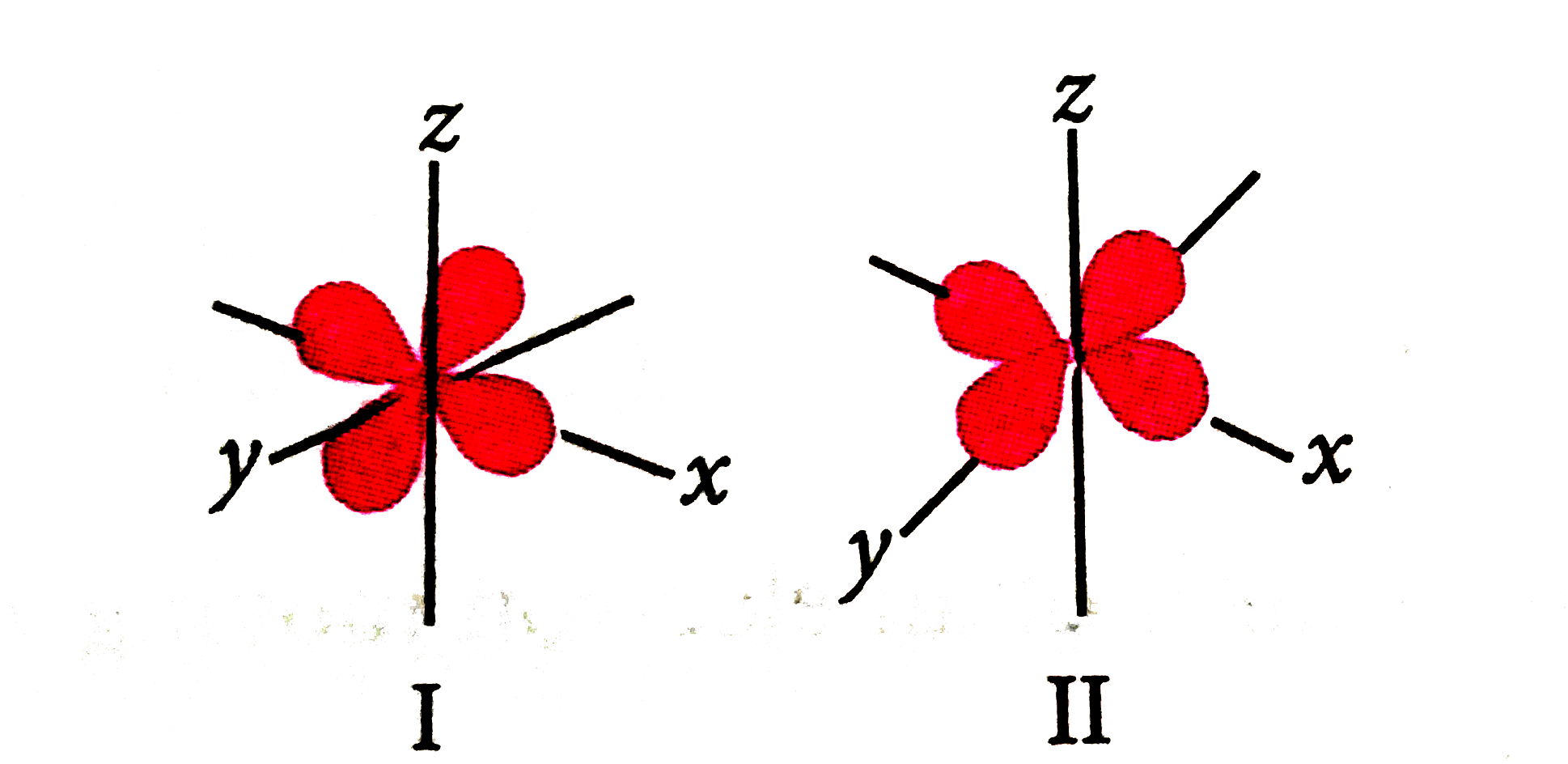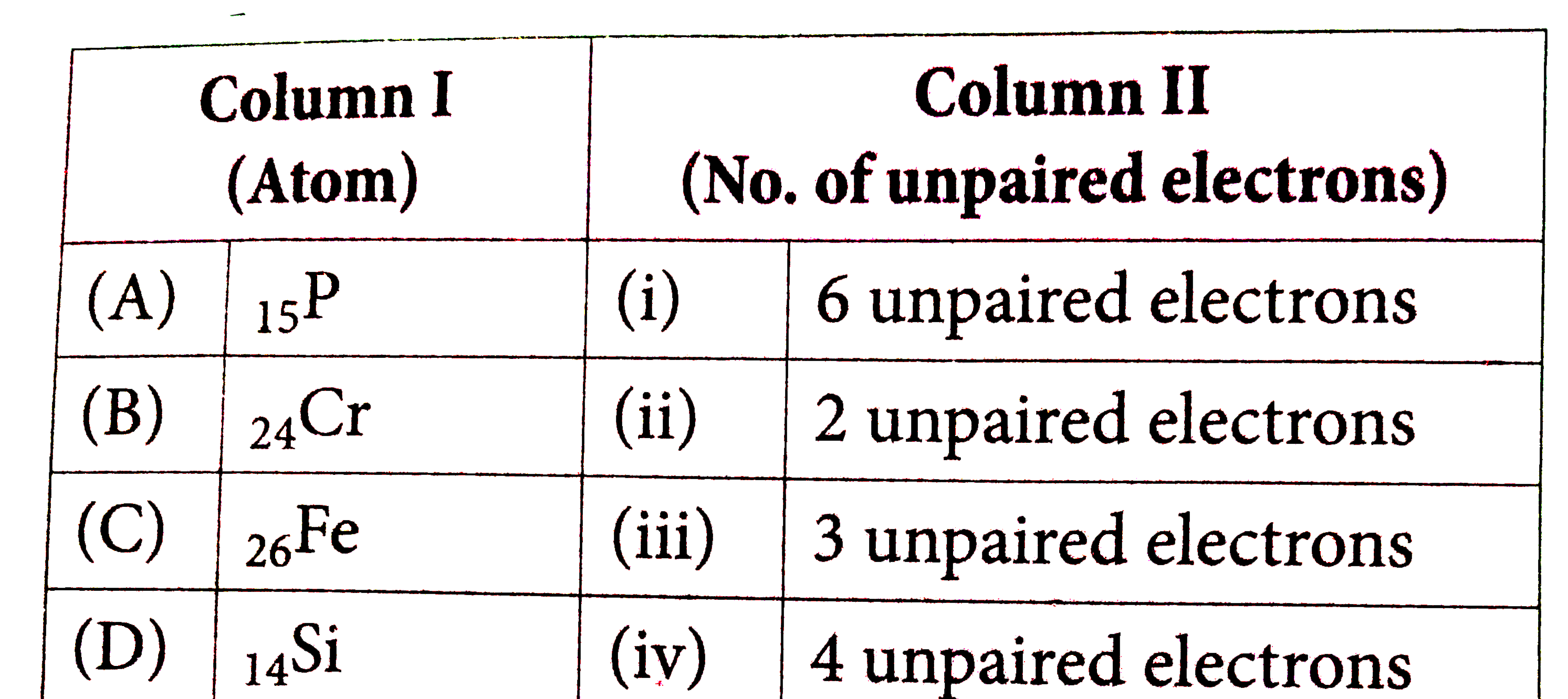Complete Solutions to Quantum Mechanical Model Of Atom of chapter STRUCTURE OF ATOM of Class 11 book with complete answers and questions
| Class 11 | CHEMISTRY |
| Chapter | STRUCTURE OF ATOM |
| NCERT FINGERTIPS | Quantum Mechanical Model Of Atom |
| Number Of Questions | 38 |
| Academic Year | 2023-24 |
The region where probability density function reduces to zero is called
View SolutionThe probability of finding out an electron at a point within an atom is proportional to the
View SolutionTwo electrons present in M shell will differ in
View SolutionWhat is the lowest value of n that allows g orbitals to exist?
View SolutionHow many subshells and electrons are associated with n = 4?
View SolutionAn electron is in one of the `3d` orbitals. Give the possible values of `n, l,` and `m` for this electron.
View SolutionWhat are the possible values of l and `m_(1)` for an atomic orbital 4f?
View SolutionDescribe the orbital with following quantum numbers:
(i) n=3, l=2
(ii) n=4, l=3
View SolutionHow many electrons in an atom have the following quantum numbers?
n=4, `m_(s)= -1//2`
View SolutionIn how many elements the last electron will have the following set of quantum numbers, n = 3 and l = 1?
View SolutionAn orbital is described with the help of a wave function. Since many wave functions are possible for an electron, there are many atomic orbitals. When atom is placed in a magnetic field the possible number of orientations for an orbital of azimuthal quantum number 3 is
View SolutionThe orbital angular momentum of an electron in `2s`-orbital is
View SolutionTwo values of spin quantum number i.e., +1/2 and -1/2 represent
View SolutionThough the five d-orbitals are degenerate, the first four d-orbitals are similar to each other in shape whereas the fifth d-orbital is different from others. What is the name of the fifth orbital?
View SolutionThe 3d-orbitals having electron density in all the three axes is
View SolutionThe number of radial nodes and angular nodes and total nodes for d-orbital can be represented as
View SolutionObserve the given boundary surface diagrams of two orbitals I and II and chosse the correct option.

View SolutionFew statements are given regarding nodes in the orbitals. Mark the statement which is not correct.
View SolutionWhich of the following is not a correct statement regarding the energies of orbitals?
View SolutionThe electrons identified by the following quantum numbers `n` and `l: (i) n = 4, l = 1, (ii) n = 4, l = 0, (iii) n = 3, l = 2`, and (iv) `n = 3, l = 1` can be placed in the order of increasing enegry from the lowest to the highest as
View SolutionA new electron enters the orbital when:
View SolutionHow many orbitals in total are associated with `4^(th)` energy level?
View SolutionEffective nuclear charge `(Z_(eff))` for a nucleus of an atom is defined as
View SolutionThe orbital diagram in which the Aufbau principle is violated is
View SolutionWhich of the sequences given below shows the correct increasing order of energy?
View SolutionWhich of the following configurations does not follow Hund's rule of maximum multiplicity?
View SolutionRead the following statements and mark the incorrect statement.
View SolutionWhat is the electronic configuration of `O^(2-)` ion?
View SolutionWhich atom (X) is indicated by the following configuration?
`Xto[Ne]3s^(2)3p^(3)`
View SolutionWhich of the following configurations represents the most electronegative element?
View SolutionWhich one of the following configurations represents a noble gas?
View SolutionAn element has 13 electrons in its M shell and 1 electron in N shell in ground state. Identify the element.
View SolutionMatch the column I with column II and mark the appropriate choice.

View SolutionWhich of the following quantum numbers are correct for the outermost electorn of sodium atom?
View SolutionThe configuration of the valence orbital of an element with atomic number 22 is
View SolutionThree elements 'X', 'Y' and 'Z' have atomic numbers 18, 19 and 20 respectively. How many electrons are present in the M shell of these elements?
View SolutionWhat is the atomic number of the element which has `3d^(6)` as its outermost configuration?
View SolutionStudy the orbital diagrams of two atoms 'X and Y'. Which subshell will be more stable and why?

View Solution
Quantum Mechanical Model Of Atom questions and complete solutions for chapter STRUCTURE OF ATOM of MTG CHEMISTRY (HINGLISH) of Class 11